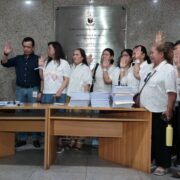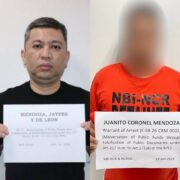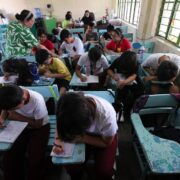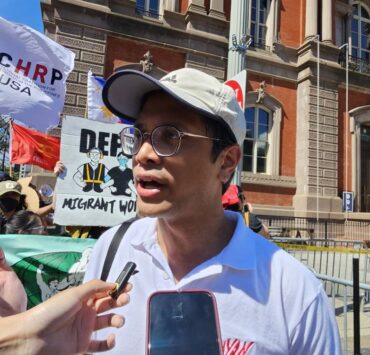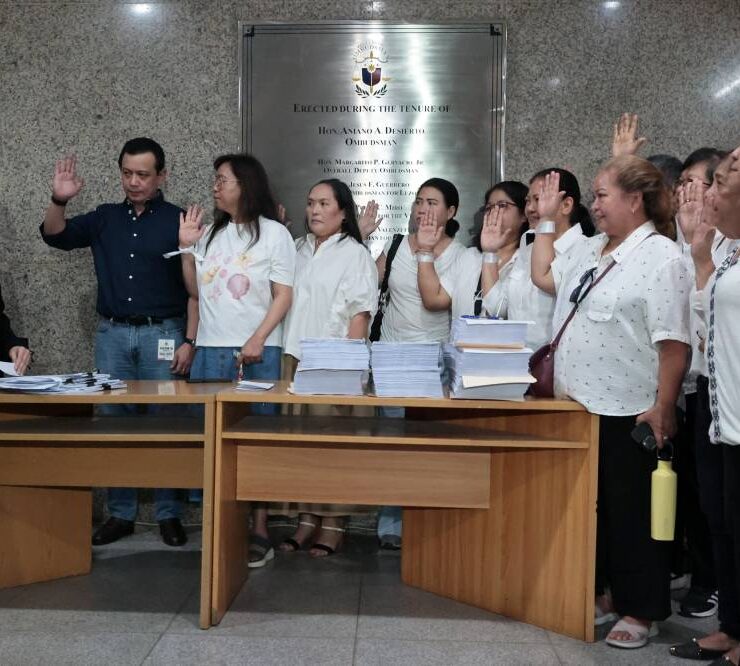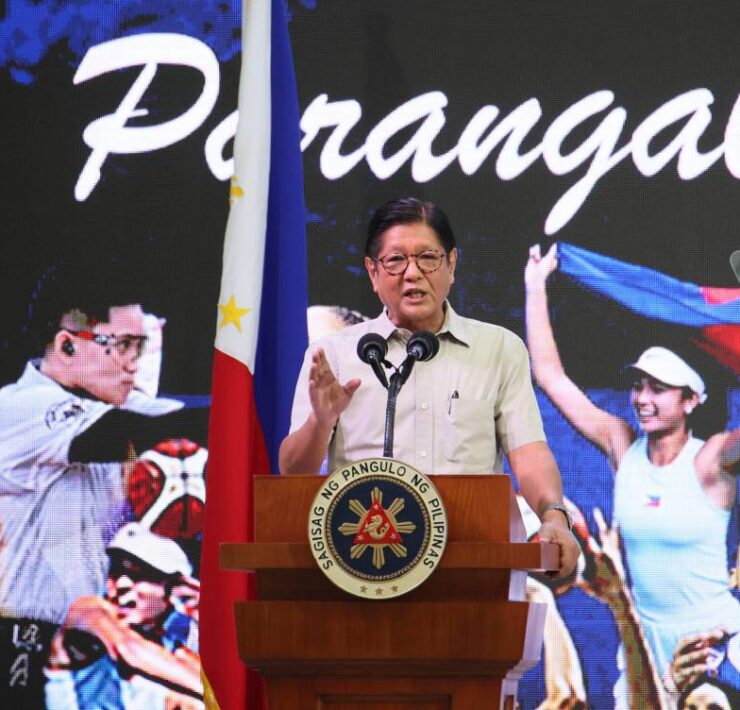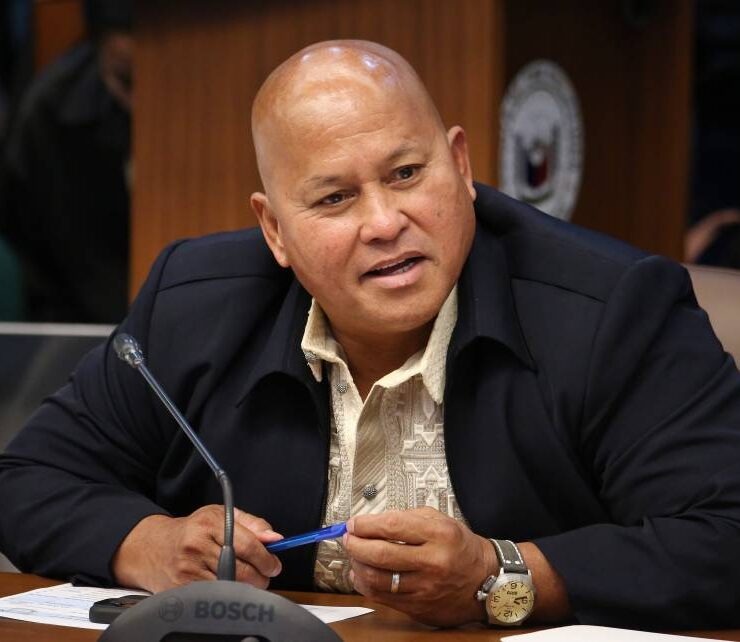House won’t reply to 3 SC queries on impeach raps
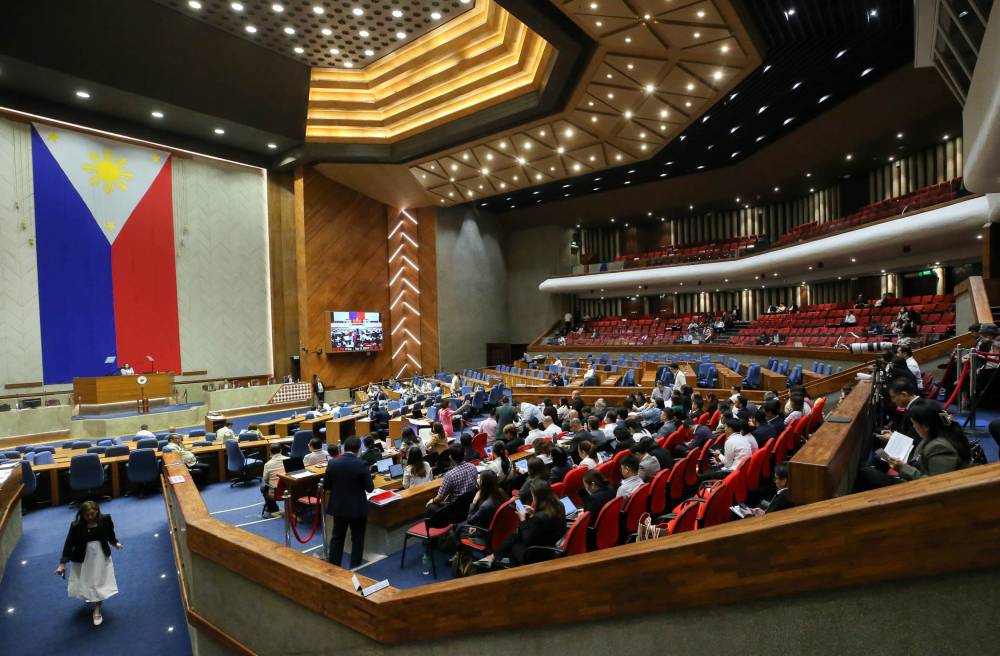
The House of Representatives answered all but three inquiries of the Supreme Court on the impeachment complaints against Vice President Sara Duterte, maintaining that these matters refer to the internal deliberations of the chamber, which, it argued, are outside of the high court’s jurisdiction.
“This restraint on the part of Respondent House is grounded on no less than the separation of powers enshrined in our Constitution. Being a co-equal branch, the Congress is entitled to respect with regard to those matters which are within its exclusive jurisdiction,” the House, through the Office of the Solicitor General (OSG), said in its 16-page compliance to the Supreme Court submitted on Monday.
The chamber specifically declined to answer which office or committee prepared the draft of the articles of impeachment when it was completed.
It also did not answer when the articles of impeachment were circulated to members of the House and whether it was accompanied by evidence for each of the articles charged.
‘Internal proceedings’
While it provided a brief response as to whether each House member had time to examine the charges before consenting, the OSG argued that the inquiry required “subjective assessment” and is not a factual matter that any person can attest to.
“It is the position of the House that these matters pertain to its internal proceedings, which have always been regarded as beyond the jurisdiction and scrutiny of this Honorable Court,” the OSG said.
It pointed out further that the preparation, circulation and perusal of the impeachment complaint, as well as its attachments, were not governed by any specific constitutional provision or House rule.
“To allay any doubt or suspicion of irregularity,” the House pointed to Resolution No. 328 submitted to the Senate impeachment court on June 25.
According to the respondents, the document would affirm the regularity and validity that the fourth impeachment complaint, which became the basis to impeach Duterte, fully complied with Article XI, Section 3 of the 1987 Constitution.
“Any further inquiry into the House’s internal proceedings, absent a constitutional basis, is unwarranted,” it added.
Session and calendar days
Expounding on the high court’s third inquiry on the number of session days that lapsed from the time the complaints were endorsed to the Speaker, the OSG said these were all transmitted all within 10 session days from filing.
It explained the distinction of session days from calendar days as provided by the 1987 Constitution: there are calendar days which are not session days, and that one session day can consist of more than one calendar day when the session is only suspended and not adjourned at the end of a calendar day.
The House impeached Duterte on Feb. 5 after 215 lawmakers endorsed a fourth complaint, fast-tracking the process and sending the complaint to the Senate for trial.
The complaint accuses her of culpable violation of the Constitution, bribery, graft and corruption, and betrayal of public trust for, among others, her alleged misuse of confidential funds and her death threat online against President Marcos, first lady Liza Araneta-Marcos and House Speaker Martin Romualdez.
A group of Mindanaoan lawyers and Duterte herself separately filed petitions asking the Supreme Court to nullify the impeachment complaint, accusing the House and its Secretary General Reginald Velasco of grave abuse of discretion when they “withheld” the first three complaints allegedly to circumvent the one-year prohibition on filing a similar case.
In a resolution dated July 8, the Supreme Court en banc asked the House and the Senate to submit specific information under oath accompanied by relevant documents to assist them in resolving two petitions that challenged Duterte’s impeachment complaints.
‘Political branches’
University of the Philippines law professor Paolo Tamase earlier told the Inquirer that the Supreme Court in a previous decision said it had the power to step in and enforce the constitutional provisions on impeachment.
“When it does that, it only upholds ‘constitutional supremacy’ by ensuring all branches of government conform to the Constitution,” he said in an email correspondence.
But just because the high court has the authority to intervene “does not always mean that it should.”
“When there are factual questions, or when the case involves matters textually committed to the political branches like Congress, the Court traditionally steps back and lets the political process unfold. That’s because the Court, as an unelected body, avoids being drawn into political matters where it may have some difficulty enforcing its actions, or a situation where it will have to micromanage co-equal branches,” Tamase said.
In a Facebook post over the weekend, retired Supreme Court Associate Justice Adolfo Azcuna said the high tribunal’s series of questions in relation to the petitions challenging the impeachment complaint was not a “judicial overreach.”
Trial ‘will proceed’
“The series of questions … are, in my humble opinion, not a prelude to judicial overreach but simply an exercise of a Constitutional duty to inquire into the factual basis of a possible violation of the Constitution or of a grave abuse in the performance or non-performance of functions that would call for its exercise of the extended power of certiorari,” Azcuna said.
Meanwhile Senate President Francis “Chiz” Escudero on Monday said the impeachment trial “will proceed and take place in accordance with law.”
The Senate leader also rejected calls that he inhibit itself from the trial, as demanded by student leaders of Samahan ng Progresibong Kabataan (Spark), who gathered outside the Senate also on Monday.
“If their definition of fairness is according to their side and what they want, that’s not fairness,” he said.
Escudero dismissed questions as to whether senators had signed a resolution in support of his leadership.
“Let’s just wait. Anyway the resolution was neither being discussed nor presented. Voting by show of hands happens in Senate,” he said.
He said he was “hopeful” that he would be reelected the chamber’s leader in the 20th Congress. —WITH REPORTS FROM MAILA AGER, CHARIE ABARCA AND TINA G. SANTOS




